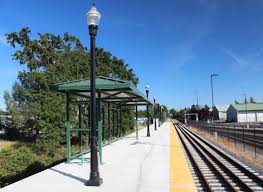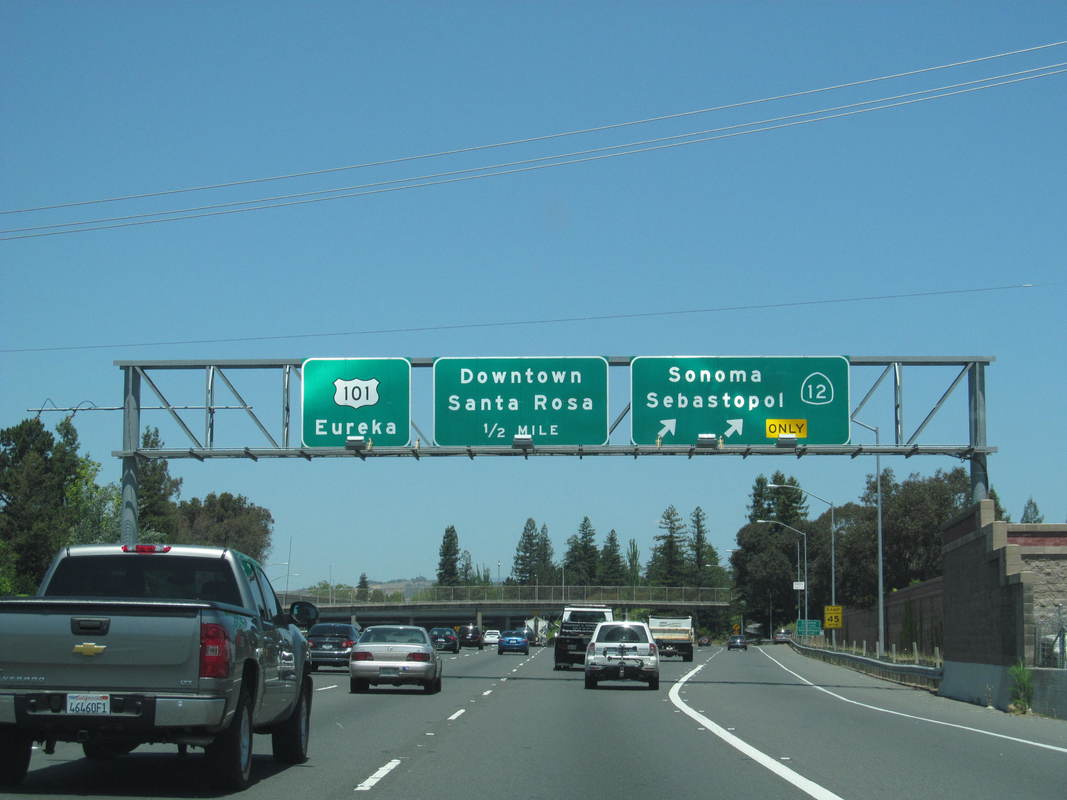|
California may soon restore the voting rights of approximately 50,000 of its citizens, felons.
Currently, Only Maine and Vermont allow felons to vote while in custody in state prisons related to their sentence. Massachusetts used to… However, the law was changed after it was discovered that inmates formed a political action committee to influence their state representatives. The California Constitution states that “The Legislature shall prohibit improper practices that affect elections and shall provide for the disqualification of electors while mentally incompetent or imprisoned or on parole for the conviction of a felony.” However, in 1976, the state amended the constitution, restoring voting rights to felons if the felon was not still “imprisoned or on parole.” …But this change in the law was not quite so clear cut, especially after California passed its 2011 Realignment Act, which effectively moved a substantial number of low-level offenders out of state prisons to county jails as a way to address overcrowding. Were felons being housed in county jails “imprisoned”? “If you look at the state constitution, you would have a hard time believing that jails and prisons aren’t the same intent,” noted Hans von Spakovsky, a senior legal fellow at The Heritage Foundation who specializes in election-related issues. However, one must wonder if this change in the law was politically motivated. “Social science shows that felons overwhelmingly vote Democrat,” von Spakovsky said. California Attorney General Kamala Harris supported the bill, stating “The right to vote is fundamental to our democracy and society, and yet for too long we have stripped certain individuals of that right.” Other proponents believe that by restoring a felon’s ability to vote, the felon will be less likely to reoffend because they are more connected to their community. The ACLU believes the change in law “would address the history of racial oppression behind California’s felony disenfranchisement laws. Three of every four men leaving California prisons are either African American, Latino, or Asian American. Black Americans are four times more likely to experience felony disenfranchisement than are white Americans.” |
AuthorDevina strives to make information relevant to the lives of her clients easily accessible. Archives
July 2024
Categories
All
|
Proudly serving Sonoma, Marin, Napa, Mendocino and Lake Counties (and occasionally venturing as far as Yolo, Santa Clara and San Mateo Counties).
Proudly powered by Weebly
This website is for informational purposes only and does not provide legal advice. Do not act or refrain from acting based on anything you read on this site. Using this site or communicating with the Law Office of Devina Douglas through this site does not form an attorney/client relationship. This site is legal advertising. Please review the full disclaimer for more information. (LINK TO FULL DISCLAIMER PAGE)

 RSS Feed
RSS Feed




